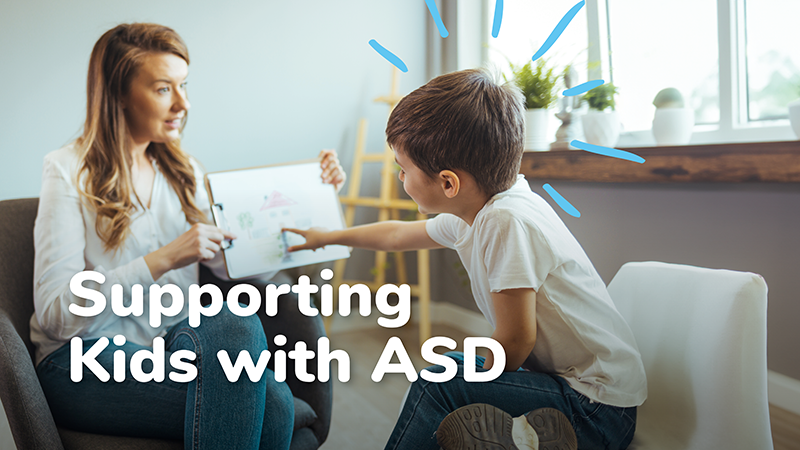ASD Insights and Tips for Parents
Understanding and supporting children with Autism Spectrum Disorder (ASD) is crucial for their development and well-being. As a parent, navigating the complexities of ASD can be challenging, but with the right information and strategies, you can provide the support your child needs to thrive.
What is Autism Spectrum Disorder?
ASD is a developmental disorder characterised by a range of symptoms that affect social interaction, communication, and behaviour. The term “spectrum” reflects the wide variety of challenges and strengths possessed by each individual with ASD. According to the Centers for Disease Control and Prevention, ASD affects about 1 in 54 children in the United States.
Early Signs and Diagnosis
Recognising the early signs of ASD is essential for timely intervention. Common early signs include:
- Delayed speech and language skills
- Avoidance of eye contact
- Difficulty with social interactions
- Repetitive behaviours or rituals
- Intense interest in specific topics
If you observe these signs in your child, it’s important to seek a professional evaluation. Early diagnosis can lead to earlier intervention, which can significantly improve outcomes for children with ASD.
Behavioural Challenges and Management Strategies
Children with ASD often face unique behavioural challenges. Here are some effective strategies for managing these behaviours:
- Use Visual Supports: Visual aids like schedules, charts, and social stories can help children with ASD understand routines and expectations. Websites like Autism Speaks offer resources and templates for creating these supports.
- Establish Routines: Consistent daily routines can provide a sense of security and predictability for children with ASD. Regular routines help minimise anxiety and improve behavioural responses.
- Employ Positive Reinforcement: Reinforcing positive behaviours with rewards and praise can encourage desirable actions. Focus on specific behaviours you want to see more of and offer immediate and meaningful rewards.
- Seek Professional Support: Therapies such as Applied Behaviour Analysis (ABA), speech therapy, and occupational therapy can be highly beneficial. Consulting with professionals who specialise in ASD can provide tailored strategies to support your child.
Resources and Support Systems
Navigating ASD can be overwhelming, but there are numerous resources and support systems available:
- Local Support Groups: Joining a support group can connect you with other parents who share similar experiences. The Autism Queensland website offers various programs, information and support groups.
- Online Communities: Online forums and social media groups can provide a platform for sharing advice and experiences.
- Educational Programs: Specialised educational programs can address the unique learning needs of children with ASD. Many schools offer tailored support plans to help children succeed academically.
Conclusion
Supporting a child with ASD requires understanding, patience, and the right strategies. By recognising early signs, implementing effective management techniques, and utilising available resources, you can create a supportive environment for your child. For more information and related resources please visit Autism Queensland’s website.
For personalised guidance and support, consider booking a consultation with Tiny Tots Paediatrics. Our team of experts is dedicated to helping families navigate the challenges of ASD and support their children’s development.

